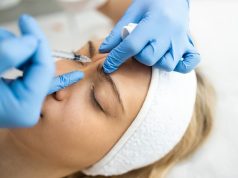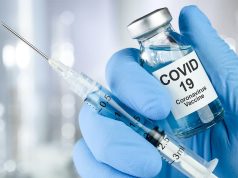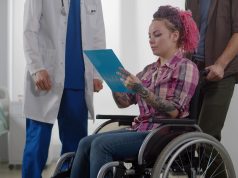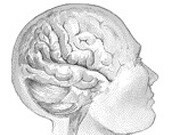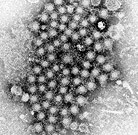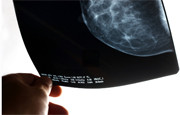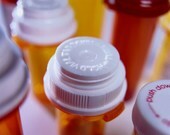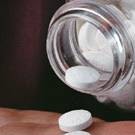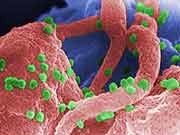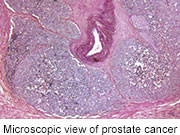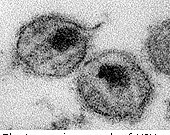No Link Found Between Testosterone Therapy and VTE
Finding based on data from more than 30,000 American men, 40 and older
Glitazone Usage Tied to Lower Risk for Parkinson’s Disease
Lower risk of Parkinson's seen only with current use of glitazone
Combo Treatments Promising for HIV-HCV Coinfection
Sustained virologic response for ledipasvir and sofosbuvir; and for daclatasvir and sofosbuvir
ASCO Guidelines: Biomarker Use in Metastatic Breast CA Treatment
Hormone receptor status of metastases should be used to guide tx if supported by clinical scenario
Antibiotic Use Linked to Higher Odds of Juvenile Arthritis
Risk greatest within a year of receiving antibiotics; increases with number of courses prescribed
CDC: Aspirin Use Common Among Americans With Heart Disease
Clinical and community-based approaches should be used to increase aspirin use among low-use groups
More Evidence of Benefits for Early Initiation of ART
Two studies show benefits in patients with asymptomatic HIV and in African patients
Targeted Prophylaxis Effective in Post-Prostate Biopsy Sepsis
Targeted prophylaxis similarly effective to empirical prophylaxis after transrectal prostate biopsy
Teen’s HIV Under Control 12 Years After Stopping Drug Tx
Girl is in remission of infection but she is still infected, not cured
Pioglitazone Not Significantly Associated With Bladder Cancer
But research reveals association with pancreatic, prostate cancer



